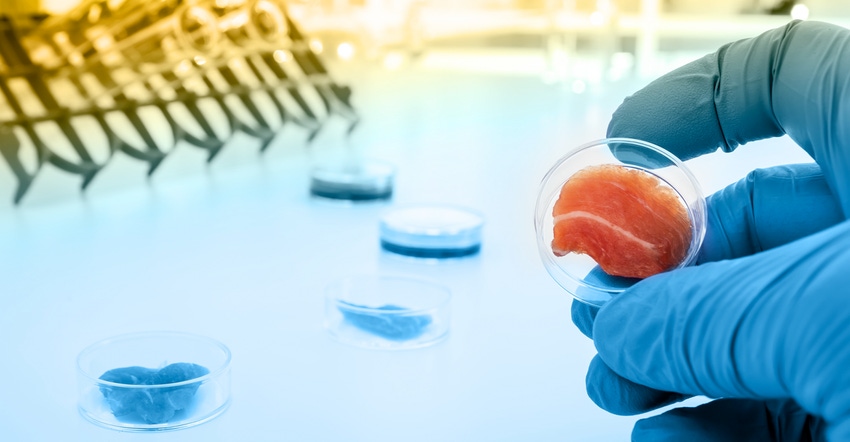Trending Headlines: Fake leather, inflation & food shortages
This week’s Trending Headlines offer a glimpse at the evolving fake animal products industry, as well as a look at rising food, clothing and vehicle prices.
June 14, 2021

A new week is upon us, and it’s time to look at what’s happening in the U.S. and around the world.
Inflation continues to increase the cost of everyday products like food, fuel, clothing and vehicles.
Coronavirus-related shortages are putting a pinch of suppliers, retailers and businesses.
And fake meat companies are looking to create imitation leather using 3D printers, silk and apple waste.
That and more awaits you in this week’s Trending Headlines. Browse this roundup of news articles and let me know what you think!
1. “Rising prices: What meat, clothing and five other everyday items tell us about inflation” published on The Washington Post
Here is an excerpt, “Consumers are paying more for a range of products, including bacon, blouses and used Buicks, as the economy rebounds strongly from the Covid-led recession with considerable help from Congress and the Federal Reserve.
“The overarching question is whether these price increases will stick — and for how long. Fed officials have so far maintained that the hikes will dissipate fairly quickly, though some economists warn the trend could be more lasting.”
2. “Scientists 3D print biodegradable leather products made of silk” by Kubi Sertoglu for 3D Printing Industry
Sertoglu writes, “A team of researchers from Tufts University have developed a leather-like 3D printing material made of silk. As well as coming from a sustainable source, the material is entirely recyclable and biodegradable, all while offering mechanical properties comparable to those of real leather. The scientists have already used their new formulation to 3D print a usable purse, with other fashionable consumer products also in the pipeline.”
3. “Biomaterial made with leftover apple waste set to revolutionize the leather industry” by Vegconomist
According to the Vegconomist, “Copenhagen-based next-gen materials company Beyond Leather Materials has introduced a new leather alternative to the rapidly growing plant-based leather sector.
“Called Leap – which stands for LEftover APples – this is a highly sustainable plant-based leather alternative created from upcycled apple waste from the juice and cider industry. Leap can be produced in only one day using 99% less water and emitting 85% less CO2 than traditional leather production, without the use of animals or harmful tanning substances.”
4. �“Grocers, restaurants to suppliers: Hurry up, make more” from the Wall Street Journal
“Friction between food retailers and their suppliers is adding costs across the food chain. Big buyers including Walmart Inc. and Sysco Corp. are fining suppliers over infractions like late or incomplete orders. Retailers excused such penalties for months during the pandemic when surging demand led to widespread shortages.
“Meanwhile, many food makers and distributors say labor shortages, supply constraints and high freight costs are making it difficult to deliver complete, timely orders for goods from cake mix to ramen noodles. Similar tensions are mounting throughout the U.S. economy, as industries contend with shortages of supplies and complications of reopening businesses in the wake of the coronavirus pandemic. Prices for many foods, consumer products and other goods are rising as a result.”
5. “Food shortages and conflict put millions of people at risk” by the World Economic Forum
“At least 155 million people are facing acute hunger because of conflict, economic shocks and extreme weather, a new report has found. The Global Report on Food Crises 2021 says the COVID-19 pandemic has dramatically increased the risk of severe hunger in some regions of the world.
6. “Company to save 170,000 pigs by scaling up cell-cultured meat in UK” by Emily Baker for Plant Based News
Baker writes, “A company spawn from Oxford University is scaling up cell-cultured meat production production in the UK – using technology developed in the same building as the AstraZeneca COVID-19 vaccine. Ivy Farm Technologies plans to remove the equivalent of 170,000 pigs from the production line by producing over 12,000 tonnes of pork.”
The opinions of Amanda Radke are not necessarily those of beefmagazine.com or Farm Progress.
About the Author(s)
You May Also Like





